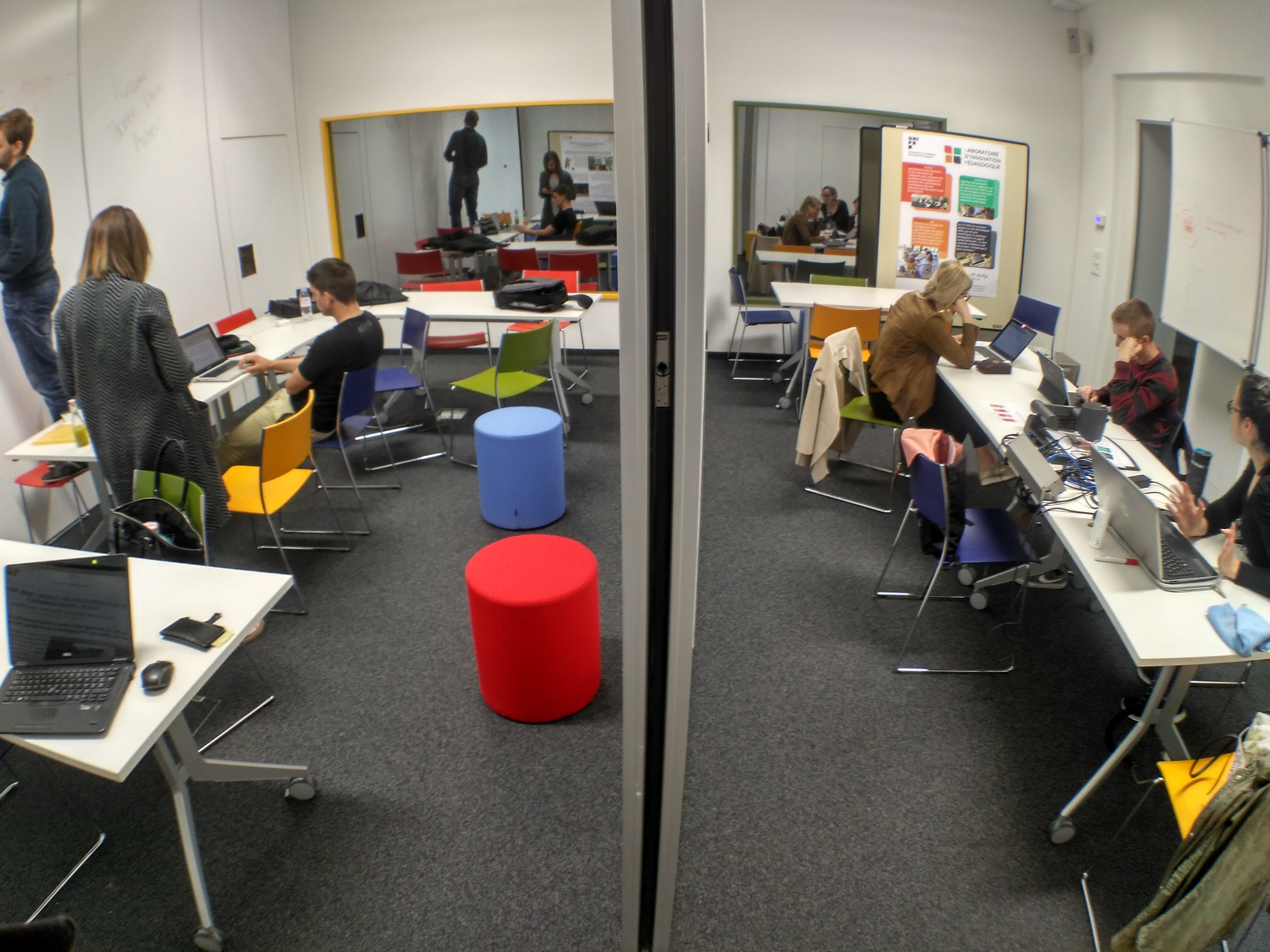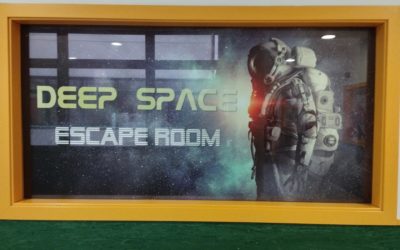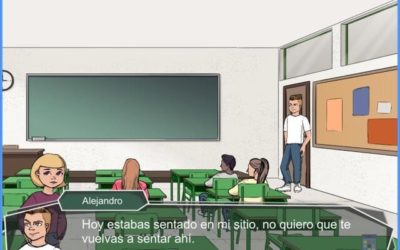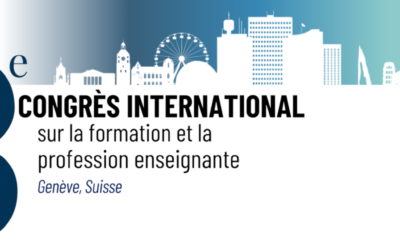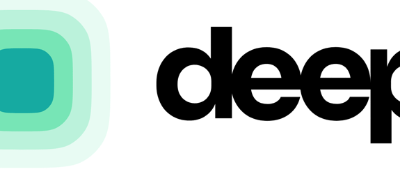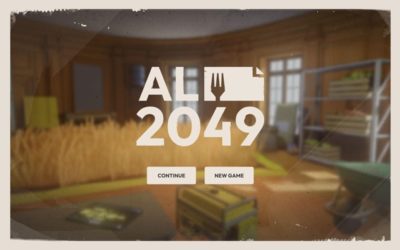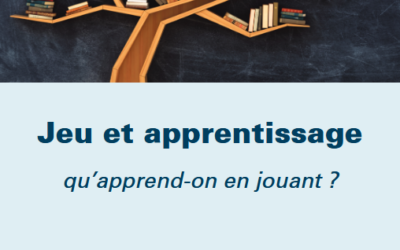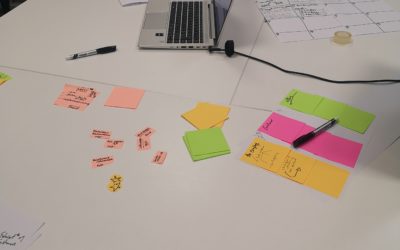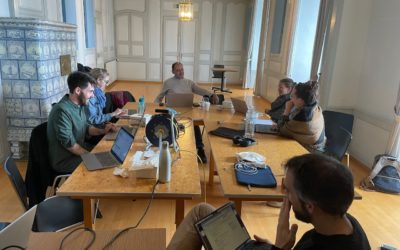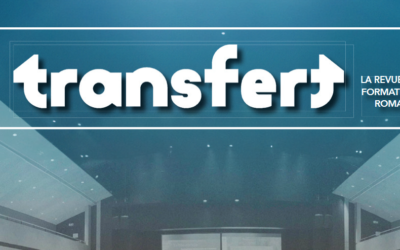co.LAB – A Digital Lab for the co-Design, co-Development and co-Evaluation of Digital Learning Games
Interest in Digital Learning Games (DLGs) has flourished at all levels of education. Digital Learning Games contribute to increasing students’ motivation and engagement, and are effective tools to support learner centered teaching practices. However, the design, development and uses of DLGs remain an issue due to the gap between teachers, game developers and researchers.
At the crossroads between educational and computer sciences the goal of the co.LAB project is to improve the design, development and uses of Digital Learning Games at all educational levels in Switzerland. This goal will be achieved by the development of what we call the co.LAB: a collaborative methodological framework between teachers, game developers and researchers in educational science, associated with a collaborative digital platform dedicated to co-design, co-development and co-evaluation of DLGs.
With the development, implementation and assessment of the co.LAB methodology and digital platform, we want to answer the following research questions (RQ).
RQ1: What methodology is needed to support collaborative DLG design and development?
RQ 2: What are the digital platform features necessary to support the collaborative DLG design and development process?
RQ 3: What are the effects of the methodology and digital platform on development cost and duration (efficiency)?
RQ 4: What are the effects of the methodology and digital platform on the quality of DLGs produced (relevance and effectiveness)?
RQ 5: What are the drivers for adoption of the methodology and digital platform by the educational, game developer, and research communities?
Following a design-based and mixed methodology, the co.LAB methodology and digital platform will be implemented and tested with the design, development and evaluation in real educational contexts of two showcase games dedicated to medical education (higher education) and computational thinking (secondary education). They will be used as a proof of concept. The experimentations will be carried out with classes both in a secondary school and at a university of applied sciences. The data collected will be based on an ethnographic approach on the one hand (questionnaires and focus groups carried out with stakeholders), and on the digital traces of users of the platform on the other hand.
By including a digital infrastructure for digital learning resources development and by providing, as a use test result, two digital learning games the project is fully in line with the PNR77 goals and more specifically with the module “Education, learning and digital change”. In addition, the co.LAB methodology, digital infrastructure and laboratory may serve both as an example of the introduction of digital in education and as a basis for future co-development of open digital educational resources in general.
Durée du projet
01/2020 – 12/2023
Financement
Fonds National Suisse

Requérants principaux
Dominique Jaccard HEIG-VD et Eric Sanchez, Université de Fribourg
Partenariat
Haute Ecole d’Ingénierie et de Gestion du Canton de Vaud
Membres du projet
Estelle Prior Unige
Mariem Jaouadi Unige
Membres associés
Nadine Mandran LIG/U. Grenoble
Matthieu Vermeulen IMT Nord Europe
Emmanuel Beffara U. Grenoble
Gaëlle Guigon IMT Nord Europe
Jérémie Humeau IMT Nord Europe
Anthony Fleury IMT Nord Europe
Contact
Eric Sanchez (eric.sanchez@unifr.ch)
Dernières actualités relatives à cette recherche
Des escape games immersifs pour apprendre l’anglais
À Carpe Diem, un établissement secondaire situé à Fuenlabrada, en banlieue sud de Madrid, l’apprentissage de l’anglais se fait en jouant. Rien de révolutionnaire en soi, puisque les enseignants de langues utilisent le jeu depuis longtemps dans leurs pratiques...
Learning Game Analytics
Dans le cadre de mon séjour à l’Université Complutense de Madrid, j’ai pu assister à l’expérimentation du jeu Conectado à l’école Carpe Diem, un établissement d’enseignement secondaire situé à Fuenlabrada dans le sud de la capitale. Le jeu Conectado a été développé...
Vers un usage éthique de l’IA en contexte d’enseignement
Le 2 décembre 2024, le LIP était présent au colloque du CRIFPE dans le cadre d'un symposium organisé par le LAVIA. La présentation a abordé la question des usages des IA en contexte d'enseignement.Le pdf des diapositives peut être chargé à ce lien : Vers un usage...
EdTech Day à Lyon
Le TECFA était présent lors du EdTech Day à Lyon pour une conférence intitulée "On apprend mieux en jouant ? Vraiment ?". Le propos visait à argumenter qu'il est nécessaire de substituer à une rationalité instrumentale, qui suppose de rechercher l’instrument qui...
Retour sur le DBR Day
Le consortium DEEP a organisé une jounée dédiée à la recherche orientée par la conception (ROC) (design-based research) à l'Ecole Polytechnique Fédérale à Lausanne. Cette journée a réuni des membres de ce consortium impliqués dans des projets sur l'usage des...
Le jeu AL2049 commenté par une IA
Ce podcast (versions française et anglaise) créé avec NotebookLM, une IA générative de Google, décrit AL2049. Conçu dans le cadre du projet PLAY, ce jeu permet d'aborder la question de la complexité de la production alimentaire et des limites planétaires. Il est...
Qu’apprend-on en jouant ?
Un nouvel ouvrage paru dans la collection Abrégés de ISTE Group. "Dans quelle mesure le jeu constitue-t-il une méthode d’apprentissage ? Comment peut-il être utilisé lors des différentes étapes de l’éducation, de la petite enfance jusqu’à l’université, en passant par...
Le LIP à l’université Al Akhawayn d’Ifrane (Maroc)
"Designing and integrating games into pedagogical practices" : c'est le nom de l'atelier que nous avons donné aux enseignant-es de l'université Al Akhawayn d'Ifrane les 16 et 17 octobre 2024. Invités par le Center for Teaching and Learning de l'université, nous avons...
Le LIP au Musée Suisse du Jeu
Ecrire un livre à plus de 20 mains n’est pas chose aisée, même pour une équipe passionnée par la recherche collaborative. Quand on peut le faire dans un environnement comme le Musée Suisse du Jeu, on ne peut en tout cas pas se plaindre de manquer d’inspiration. Hier,...
Réflexions antimythes
Le Transfert, la revue des formateurs romands, publie un interview d'Eric Sanchez et Simon Morard qui fait suite à la conférence données dans le cadre de l'Agora de la formation à Yverdon en Mars dernier. Cet interview aborde la question des mythes en lien avec...

